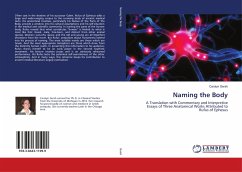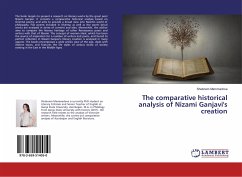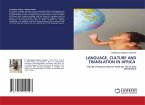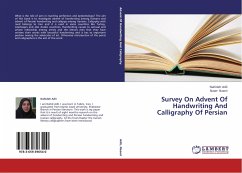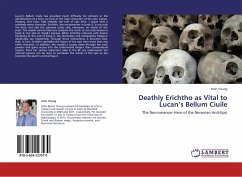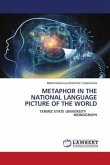Often cast in the shadow of his successor Galen, Rufus of Ephesus adds a large and wide-ranging corpus to the surviving body of ancient medical texts. His anatomical treatises, particularly his Names of the Parts of the Body, provide a window into his cultural assumptions and his self-situation in the medical and scientific community. In naming the parts of the human body, Rufus reveals that what constitutes "human" is limited to what is most like him: Greek, male, free-born, and distinct from other animal species. Women; eunuchs; slaves; and the old and young are all imperfect deviations from the norm. But Rufus' prejudices about humanness extend into his process of naming. The most suitable words are those which are Greek. And the most appropriate metaphors are those which draw from the distinctly human realm. In presenting this information to his audience, Rufus shows himself to be an early player in the Second Sophistic movement. His lecture involves props and is an obviouslyrehearsed performance. Yet Rufus lacks the polemical self-assertiveness of the other iatrosophists. And in many ways, this reticence keeps his contribution to ancient medical literature largely overlooked.
Bitte wählen Sie Ihr Anliegen aus.
Rechnungen
Retourenschein anfordern
Bestellstatus
Storno

